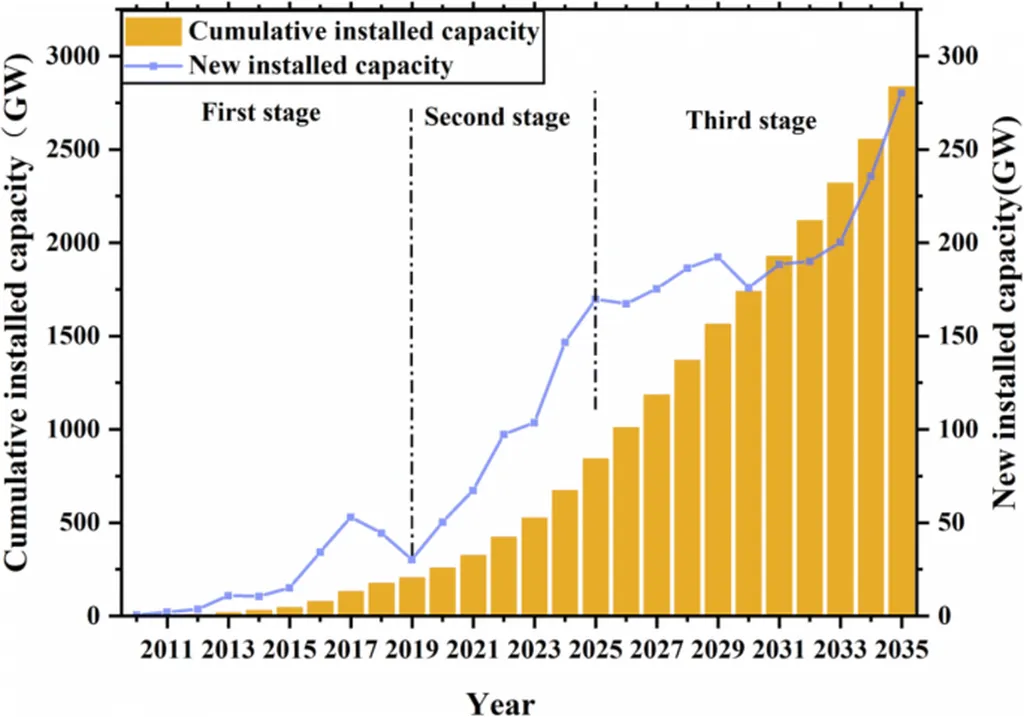In the rapidly evolving landscape of renewable energy, solar power has emerged as a formidable force, accounting for an increasingly significant share of global electricity generation. However, the intermittent nature of solar power poses substantial challenges to grid stability and operation. Enter Lianglin Zou, a researcher from the School of New Energy at North China Electric Power University, who has developed a groundbreaking photovoltaic power prediction framework that could revolutionize how we harness and integrate solar energy into our power systems.
Zou’s research, published in the journal *Energies*, addresses the pressing need for accurate solar power forecasting. The study introduces a multi-stage ensemble learning framework designed to enhance prediction robustness by combining the strengths of diverse models. This approach is particularly crucial given the complex and variable geographical and meteorological conditions that solar farms operate under.
The framework employs a sophisticated three-level optimization architecture. “First, we use a recursive feature elimination algorithm based on LightGBM, XGBoost, and MLP weighted scoring to screen high-discriminative features,” Zou explains. This initial step ensures that the most relevant data is selected for further analysis. Next, mutual information and hierarchical clustering are utilized to construct a heterogeneous model pool, enabling competitive intra-group and complementary inter-group model selection. Finally, the traditional static weighting strategy is improved by concatenating multi-model prediction results with real-time meteorological data to establish a time-period-based dynamic weight optimization module.
The performance of Zou’s framework was validated using measured data from a 75 MW photovoltaic power plant in Inner Mongolia and the open-source dataset PVOD. The results demonstrated significant improvements in prediction accuracy across multiple dimensions, including feature selection, model screening, dynamic integration, and comprehensive performance.
The implications of this research are far-reaching for the energy sector. Accurate solar power forecasting is essential for grid operators to manage the variability of solar generation effectively. By integrating heterogeneous models and leveraging real-time data, Zou’s framework provides a robust solution that can enhance grid stability and optimize energy distribution. This, in turn, can lead to more efficient use of renewable energy resources, reduced reliance on fossil fuels, and lower carbon emissions.
As the world continues to transition towards a more sustainable energy future, innovations like Zou’s multi-stage ensemble learning framework will play a pivotal role. By improving the accuracy and reliability of solar power predictions, this research paves the way for greater integration of renewable energy into our power systems, ultimately contributing to a cleaner and more sustainable energy landscape.
In the words of Zou, “Our framework not only enhances the prediction accuracy but also adapts to the dynamic nature of solar power generation, making it a valuable tool for grid operators and energy providers.” This research is a testament to the power of innovative thinking and technological advancement in addressing the challenges of our time.

